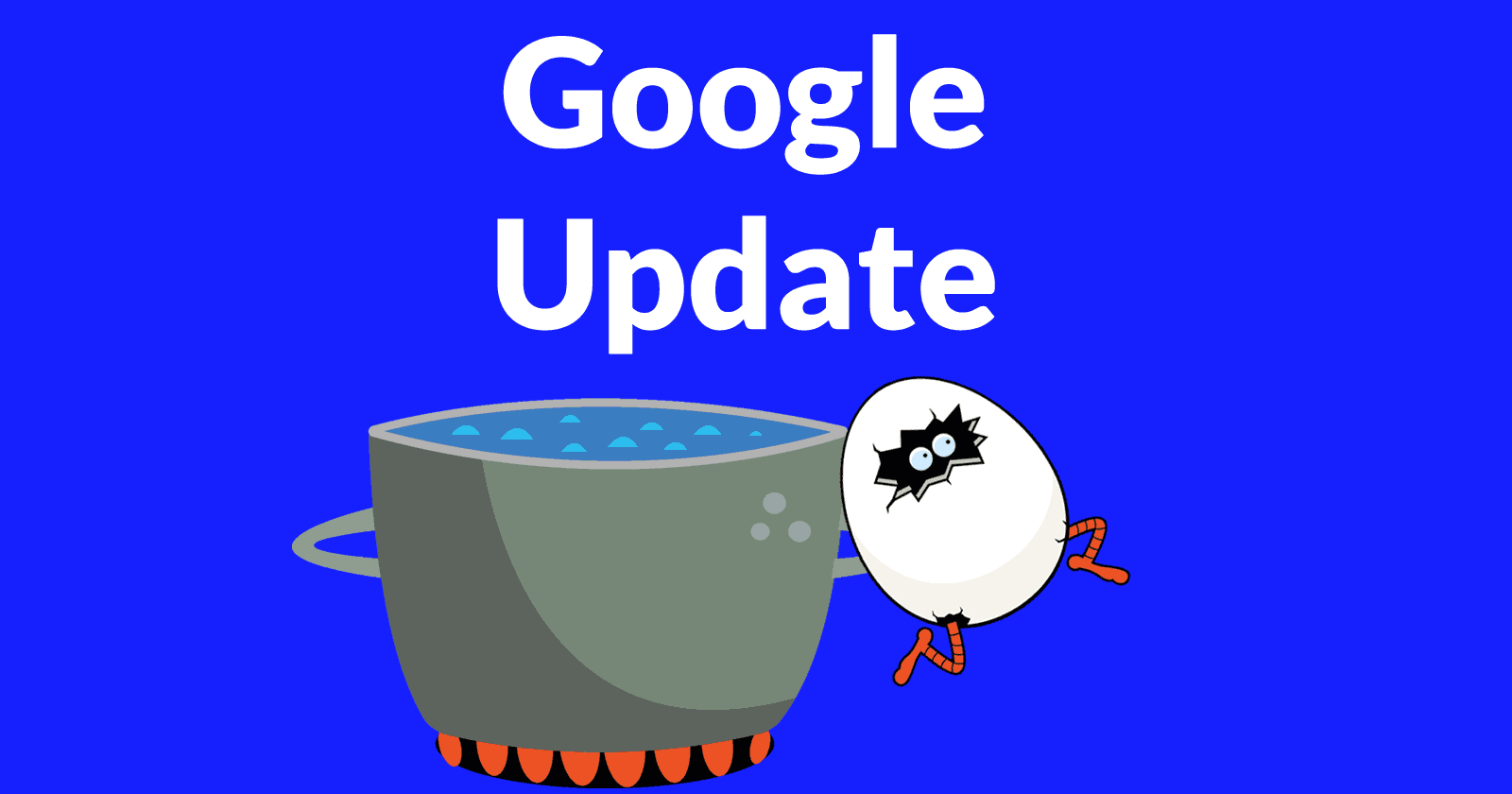A search marketer noticed that broad core algorithm updates slowed down Google Search Console data. Google’s John Mueller explained what’s going on.
Google Search Console
Google Search Console is a dashboard provided by Google for publishers to get an overview of keyword traffic, indexing problems and other information that is useful for a publisher, particularly during a Google algorithm update.
Information from the Google Search Console could be useful for identifying any ranking improvements or issues during an algorithm update.
That’s why it’s important that the search console data does not lag behind.
Core Algorithm Updates and Google Search Console
Rankings and traffic data will tend to be in flux during a core algorithm update. Search results rankings change.
So it seems intuitive that all of that change might be reflected in a “lag” Google Search Console (GSC) reporting.
What the search marketer perceived and asked John Mueller about is if Google Search Console data might be slowed down and reported in a less timely manner during a broad core algorithm update.
Presumably the data from the search results might be affected from the rollout of an algorithm as it slowly propagates to all the regional data centers.
Some data centers might be showing the old rankings while others show the new rankings.
Related: Google Publishes Core Algorithm Update Guidance
Do Broad Core Updates Affect Google Search Console?
One search marketer tweeted about the “lag” that he sees every time Google announces a broad core update.
He tweeted:
“Core algorithm updates seem to create a lag in delivering search console data. It’s an interesting pattern.”
Core algorithm updates seem to create a lag in delivering search console data. It's an interesting pattern. #seo
— AJ Kohn (@ajkohn) May 7, 2020
Google’s John Mueller Responds
Google’s John Mueller responded that there is no connection between broad core algorithm updates and GSC data.
“It’s unrelated, but lag is always awkward. Sorry.”
It's unrelated, but lag is always awkward. Sorry.
— 🍌 John 🍌 (@JohnMu) May 7, 2020
That response means that whatever “lag” in data one may perceive, it is not caused by any particular broad core algorithm update.
There is no connection between a broad core algorithm update and Google Search Console reporting.
It’s understandable that a search marketer would desire GSC data on a timely basis during an update. It’s confirmed that there is no Google Search Console lag introduced by a Google broad core algorithm update.
Google Ranking Algorithm And Everything Else
This little exchange is a good reminder that Google’s search algorithm tends to be separated from other parts of Google.
For example, Google’s site: search has no connection to Google’s ranking algorithm.
All of Google’s advanced search operators have always been purposely disconnected from Google’s ranking algorithm. The search operators each have one job and one job only, totally separate from Google’s ranking algorithm.
Similarly, Google Search Console reports on data like traffic volume, keywords and their associated traffic and indexing issues. And, according to John Mueller, the functions of Google’s search console are unrelated to Google’s ranking algorithm.
And that makes a lot of sense.
John Mueller went on to quip:
“Even if I could manually adjust the reporting speed on demand, it seems kind of a weird thing to do, even as a joke :). “Haha, 1 day delay, as a joke” — Twitter’s weird enough that I don’t need to make things weirder for us on purpose (aside from the bananas, obviously).”
Even if I could manually adjust the reporting speed on demand, it seems kind of a weird thing to do, even as a joke :). "Haha, 1 day delay, as a joke" — Twitter's weird enough that I don't need to make things weirder for us on purpose (aside from the bananas, obviously). pic.twitter.com/heBIWyKQ6h
— 🍌 John 🍌 (@JohnMu) May 7, 2020
There is a saying that is related to cooking that is also relevant to the issue of lags in Google Search Console reporting: A watched pot never boils.





![[SEO, PPC & Attribution] Unlocking The Power Of Offline Marketing In A Digital World](https://www.searchenginejournal.com/wp-content/uploads/2025/03/sidebar1x-534.png)